|
|
|
Editor's note
|
|
An independent review has recommended that the UN peacekeeping mission in the Democratic Republic of Congo withdraw by 2022. The mission, established 20 years ago, is the UN’s largest field operation. Its remit has been to protect civilians and strengthen state institutions. Although it has brought some stability, violence and internal displacement continue, particularly in Eastern DRC, where over 100 armed groups are still active. Mats Berdal argues that if the withdrawal is rushed it will result in further instability and a recurring crisis.
The fossil fuel industry, political lobbyists, media moguls and individuals have spent the past 30 years sowing doubt about the reality of climate change - where none exists. Their hold on the public seems to be waning. But this means lobbying has changed, now employing more subtle and more vicious approaches. Mark Maslin explains how to identify the different types of denial and spot the different ways that are being used to convince you to delay action on climate change.
|
Moina Spooner
Commissioning Editor: East and Francophone Africa
|

|
|
Top Stories
|
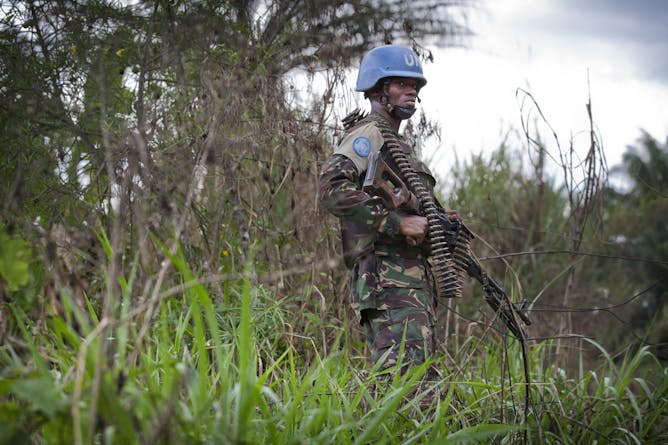
Peacekeeper with the UN Organisation Stabilisation Mission in the DRC
MONUSCO/Sylvain Liechti
Mats Berdal, King's College London
The independent strategic review, now before the Security Council, recognises many of the challenges ahead. But it appears overly sanguine about what can be achieved within a three-year period.
|

Don’t let the green naysayers drown you out.
Component/Shutterstock
Mark Maslin, UCL
How to identify and understand different types of denial: scientific, economic, humanitarian, political and crisis.
|
Politics + Society
|
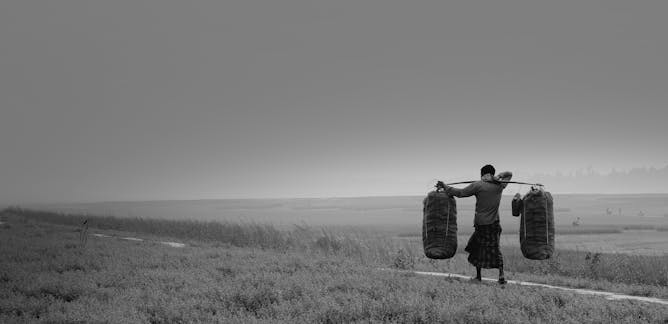
Derek Groen, Brunel University London; Diana Suleimenova, Brunel University London
Beware those who say it is a solved problem.
| |
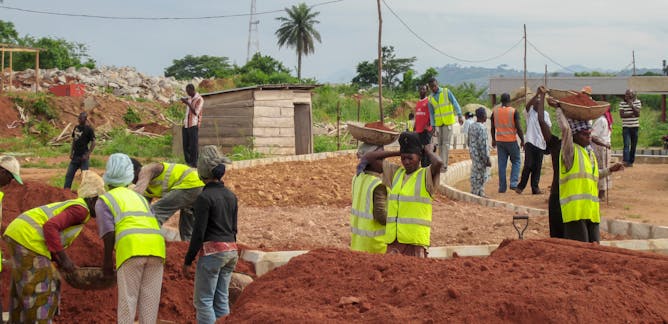
Fakere Alexander Adeyemi, Federal University of Technology, Akure; Ayoola Hezekiah Adedayo, Federal University of Technology, Akure
Communities are always at the receiving end of infrastructure projects. They must also be at the centre of the decision making processes.
|
|
|
Science + Technology
|

Robin Smith, Sheffield Hallam University
From the subatomic to the cosmic, don't think for a second that we're at the end of scientific history.
| |

Roberto Soria, Chinese Academy of Sciences
Astronomers using a new technique to hunt black holes found one 70 times as heavy as the Sun
|
|
|
Health + Medicine
|

Sunanda Creagh, The Conversation; Phoebe Roth, The Conversation
Antibiotic resistant infections already kill about 700,000 people globally every year. While scientists are racing to find new ways to fight superbugs, there's one thing you can do, too.
| |
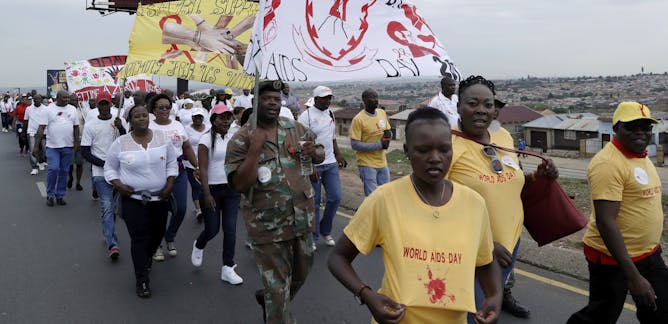
Roger L. Shapiro, Harvard T.H. Chan School of Public Health; Gbolahan Ajibola, Harvard T.H. Chan School of Public Health
Babies born with the HIV virus in their blood are at a turning point in the infection. With immediate treatment these children can develop much stronger immune systems to fight the virus.
|
|
|
En français
|
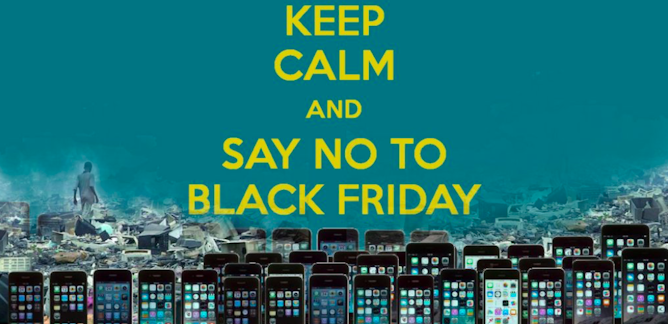
Maud Herbert, Université de Lille; Isabelle Robert, Université de Lille
Des associations ou des marques prennent le contre-pied des enseignes qui proposent des promotions le 29 novembre pour dénoncer une « journée infernale de surconsommation ».
| |
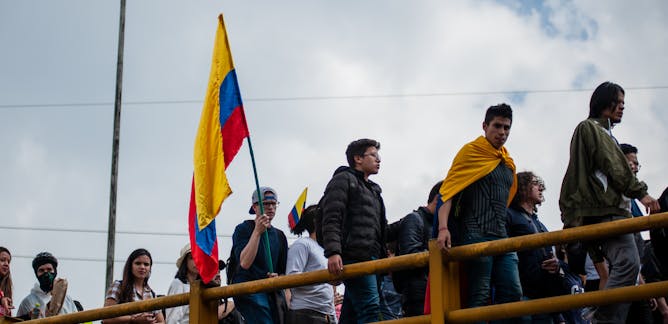
Silvia Otero Bahamón, Universidad del Rosario; Sandra Botero, Universidad del Rosario
Les manifestations qui secouent la Colombie ont des ressorts très distincts de celles que l’on a pu observer au Chili, en Bolivie ou en Équateur.
|
|
|
| |
| |
| |
| |
| |
| |
|
|
|
|
|
|
|